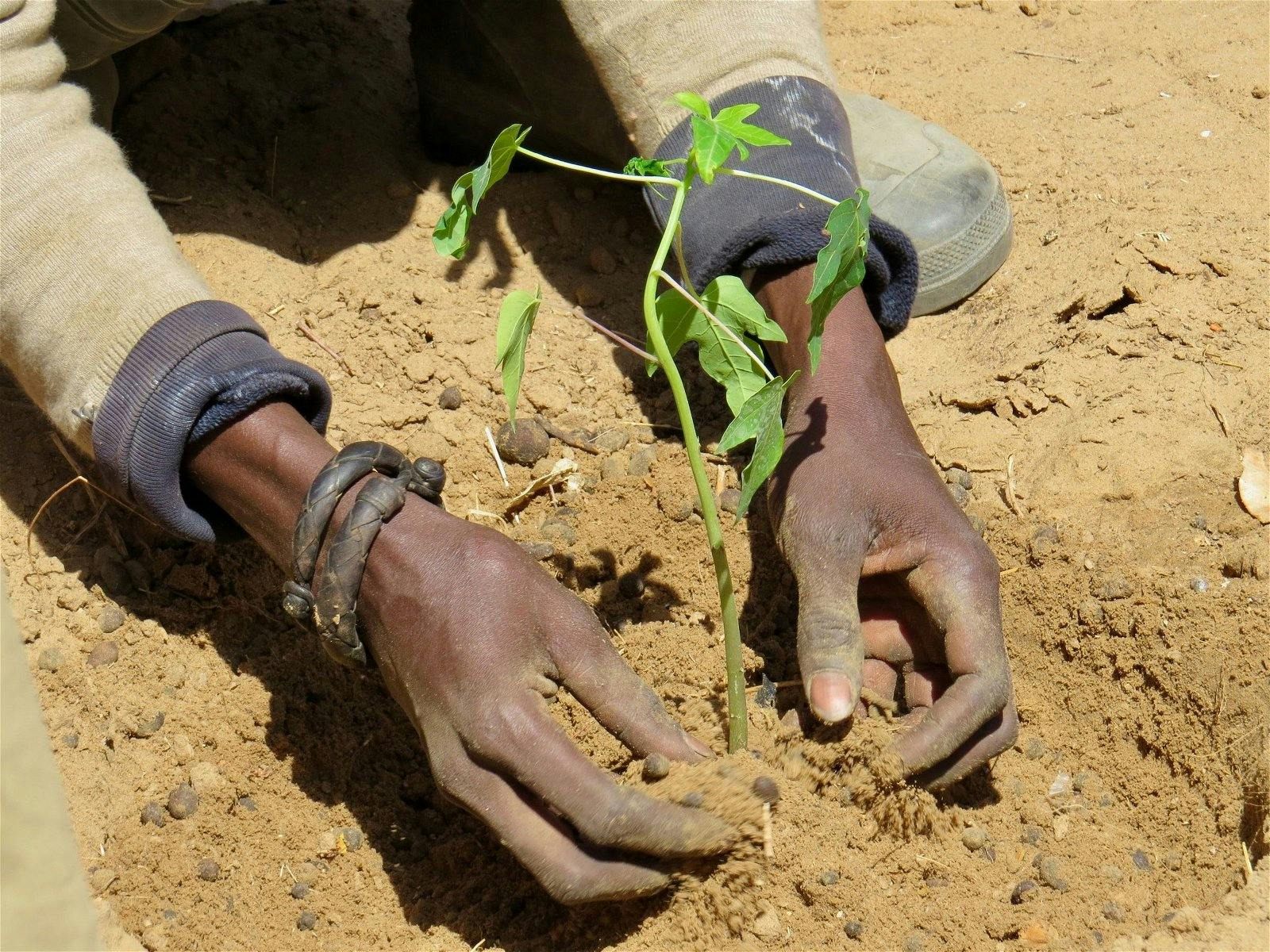Anzetse Were

Sustainable Investment · Sustainable Finance

Anzetse Were
Having contributed almost nothing to climate change, African governments are already bearing the direct and indirect costs of this crisis as it continues to compromise economic growth, erode GDP per capita growth, have targeted sectoral effects, and compromise the livelihoods of hundreds of millions of Africans. The article will focus on the fiscal effects of climate change but also highlight some monetary policy effects.


Anzetse Were
Sustainable Investment
The impacts of climate change continue to compromise the livelihoods of hundreds of millions of Africans. This is especially true of those that are dependent on sectors directly impacted by rapidly changing environments, such as agriculture. The impact could lower gross domestic product (GDP) by up to 3 per cent by 2050. And while there is a growing recognition of the need to mitigate and adapt to climate change, Africa is not securing the scale of financing required.
Recent publications
Anzetse Were

Sustainable Investment · Sustainable Finance
Readers also like

illuminem briefings
Climate Change

Gokul Shekar
Effects

Diego Balverde
Effects

Christopher Caldwell
Ethical Governance

Charlene Norman
Sustainable Business

Michael Wright
Agriculture

Vincent Ruinet
Power Grid

Yury Erofeev
Food

Kasper Benjamin Reimer Bjørkskov
Fashion

David Carlin
Climate Change

Simon Heppner
Effects

illuminem
Climate Change

Aniella Niyondiko
Climate Change

Elizabeth Markevitch
Climate Change

Maha Sheikh
Climate Change

Bruno Ferreira
Climate Change

Kristy Drutman
Climate Change

Buğra Avcı
Climate Change

Stutilina Pal
Climate Change

Amar Baatartsogt
Climate Change

Viviane Bondoma
Climate Change

Maggie Bukowa
Climate Change

Fiona Pelham
Climate Change

Constanza Gomez Mont
Climate Change

Ana Lucía Encinas
Climate Change

Gilles Vermot Desroches
Climate Change

Rafael Pástor
Climate Change

Richard Kachungu
Climate Change

Gayathri Vasudevan
Climate Change

Kadiatu A. Sheriff
Climate Change

Errachid Montassir
Climate Change

Marie Claire Cordonier-Segger
Climate Change

Basima Abdulrahman
Climate Change

Ederval Antonio
Climate Change

Ramil Azmammadov
Climate Change

Angela Chaudhuri
Climate Change

Maryam Bello
Climate Change

Sheela Patel
Climate Change

Sellah Bogonko
Climate Change

Nora Cabrera Velasco
Climate Change

Pablo Castellanos Ramelli
Climate Change

Franny Collingham
Climate Change

Annika Degen
Climate Change

Sebastian Groh
Climate Change

Gator Halpern
Climate Change

David Aaron Henry
Climate Change

Reyhan Jamalova
Climate Change

Shelly Kerketta
Climate Change

Michael Kakande
Climate Change

Fany Kiuru
Climate Change

Deepa Lama
Climate Change

Bushe Matis
Climate Change

Nduka Miracle
Climate Change

Khaled Noby Mohamed
Climate Change

Clara Molteni
Climate Change

Zeinaba Narabene
Climate Change

Rudy Ortega, Jr.
Climate Change

Anna Pavan
Climate Change

Ragy Ramadan
Climate Change

Gilberto Ribeiro de Oliveira Filho
Climate Change

Vasco Salvador Cossa
Climate Change

Rajesh Shah
Climate Change

Neal Spackman
Climate Change

Kilino Stojkov
Climate Change

Jessica Nga Tran
Climate Change

Miguel A. Torres
Climate Change

Lynn von Koch-Liebert
Climate Change

Diana Alejandra García Najera
Climate Change

Andrea Gori
Climate Change
